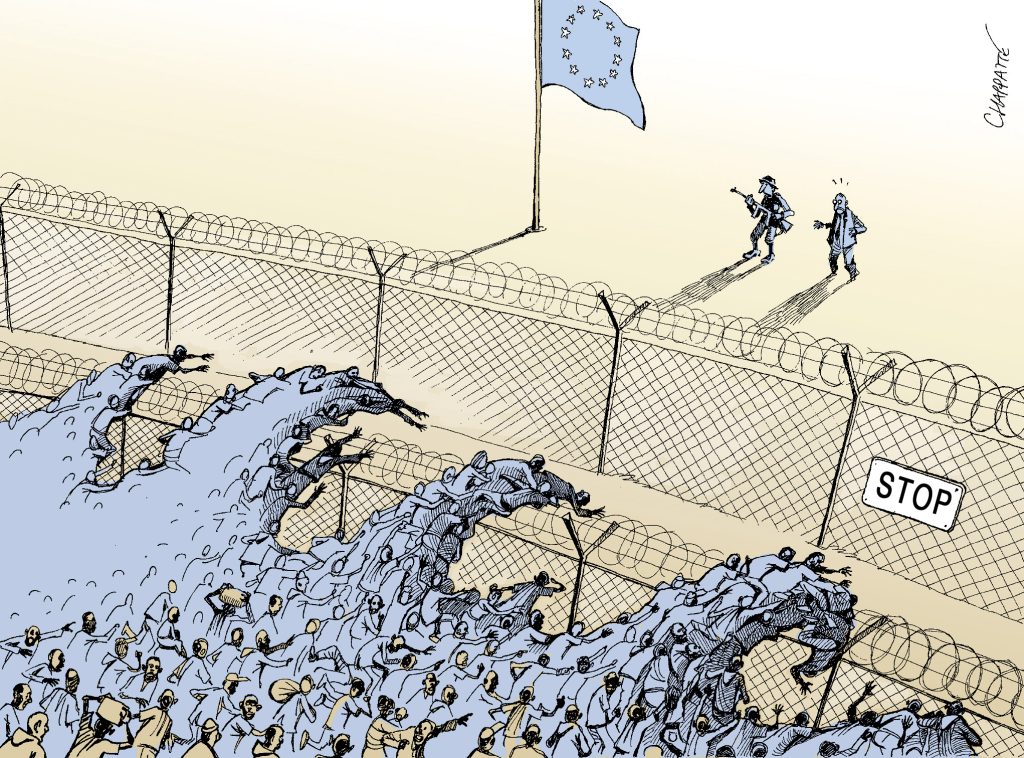
Immigration has long been a cornerstone of many nations’ economic and cultural development, yet the challenges faced by immigrants remain a pressing issue that requires thoughtful and inclusive solutions. The difficulties immigrants encounter—from legal hurdles to cultural assimilation and economic opportunities—impact not only the individuals involved but also the broader society. Michael Shvartsman, an advocate for inclusive policies and social justice, emphasizes, “The immigrant experience is complex and multifaceted. It’s essential to recognize the unique challenges that immigrants face and to create policies that address these issues with empathy and understanding.”
- Understanding the Immigrant Experience
Immigrants often leave behind their home countries in search of better opportunities, safety, and a chance to build a new life. However, the journey is fraught with obstacles including:
- legal barriers,
- language differences,
Upon arrival, many immigrants struggle to find employment that matches their skills and education, leading to underemployment and economic hardship. Additionally, the lack of a supportive community can exacerbate feelings of isolation and make integration into the host society more difficult.

- Legal and Bureaucratic Barriers
One of the most significant challenges immigrants face is navigating the legal and bureaucratic systems of their host country. The process of obtaining legal status can be long, complicated, and expensive, leaving many immigrants in a precarious situation. Without legal status, immigrants are often denied access to basic services, including healthcare, education, and legal protections. This lack of access can lead to a cycle of poverty and marginalization that is difficult to escape.
Michael Shvartsman points out, “Reforming immigration policies to streamline the legal process and provide clear pathways to citizenship is essential. It’s about ensuring that immigrants have the opportunity to contribute fully to society without being held back by unnecessary legal barriers.”
- Economic Integration
Economic integration is another critical issue for immigrants. Despite being highly skilled, many immigrants find themselves in low-paying jobs that do not reflect their qualifications. This underutilization of talent not only limits the economic potential of immigrants but also represents a loss for the broader economy.
To address this, it’s important to create programs that recognize and validate the skills and education of immigrants. Providing access to training, language courses, and job placement services can help bridge the gap between immigrants’ skills and the job market. Furthermore, encouraging entrepreneurship among immigrants can stimulate economic growth and create jobs within communities.

Michael Shvartsman adds, “Economic integration is key to unlocking the full potential of immigrants. By providing the right support and resources, we can help immigrants thrive economically, which in turn benefits society as a whole.”

